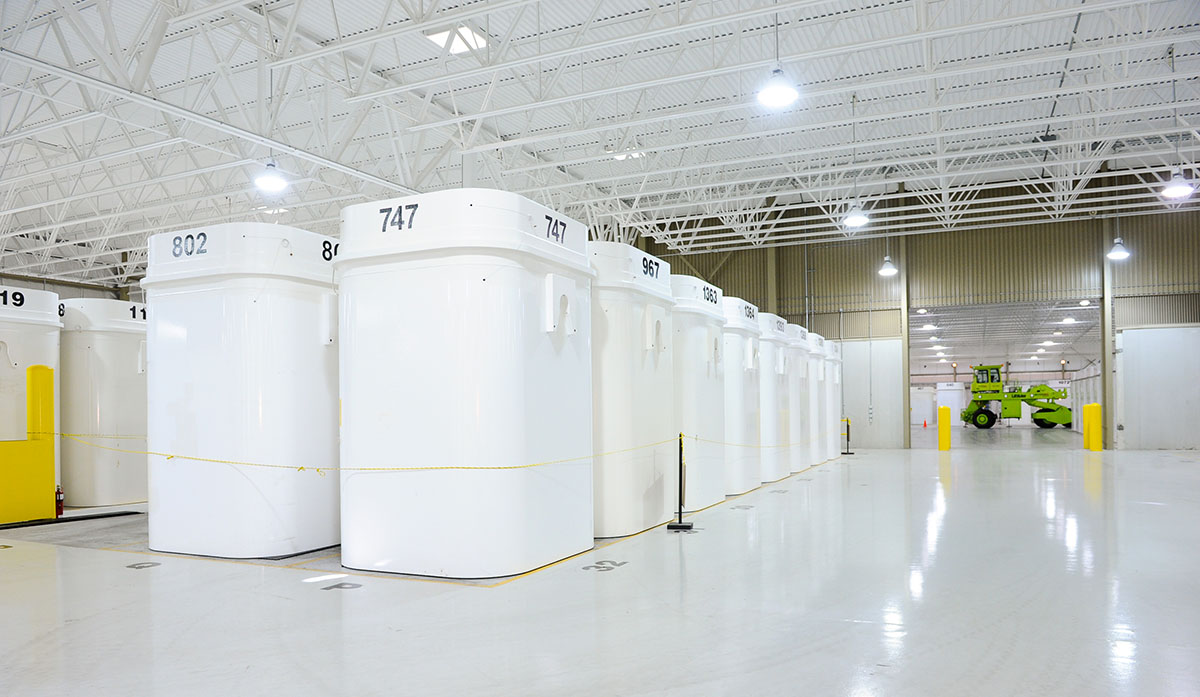
A New School of Social Innovation is Coming
As of September 2017, Saint Paul University will be the first Canadian university to have an entire school dedicated solely to the new and promising field of social innovation. Though this field of study is brand new in academia, it is centuries old in terms of our communities’ day-to-day lives. Every time we are collectively faced with a problem we have never encountered before and find new ways to fix it, we are practising social innovation.
In the 19th century, working women in Canada had to leave their children with a family member or neighbour, or sometimes on the street next to the factory entrance. For decades, women—with the help of some men—found a solution to that problem. In Quebec, they came up with a public daycare system that not only relieved women of the obligation of looking after their toddlers individually, but did so while educating children in ways that improve their development. The creation of this daycare system is a story of social innovation. From inception to consolidation, it went through all the typical stages of a social innovation project. There are many similar stories to be told, from the micro level of small co-ops to the macro level of international networks.
Social innovation is a powerful tool. It is how our communities can shape the world in their own image. At Saint Paul University, social innovation means social change. Our world is facing enormous challenges: poverty, climate change, social exclusion, etc. We need to address these problems and recognize that solutions will be found only through profound social change. To make that happen, we need to develop new and better tools, and study and value the knowledge produced within our communities.
But how can we study such a thing? What does it mean to hold a degree in social innovation? The team developing the upcoming programs is convinced that it is possible to teach social innovation, but acknowledges that this involves transforming current practices. Social innovation cannot be taught only in a classroom, where you can learn analytical tools, historical facts, or case studies. Though this theoretical knowledge is useful to a social innovator, it’s not enough. Social innovation must be learned outside academia, through fieldwork in real organizations with real people.
For this reason, the program will not only offer a series of practical courses, but will also be linked to a social innovation hub. In this space, through the lens of critical thinking, students will interact daily with social entrepreneurs and social organizations. If the students want to start a group or a project, they will have direct access to all the resources they need. Saint Paul University’s School of Social Innovation will not only provide its students with new ideas, it will help them create organizations that foster social change.
By Simon Tremblay-Pepin.









